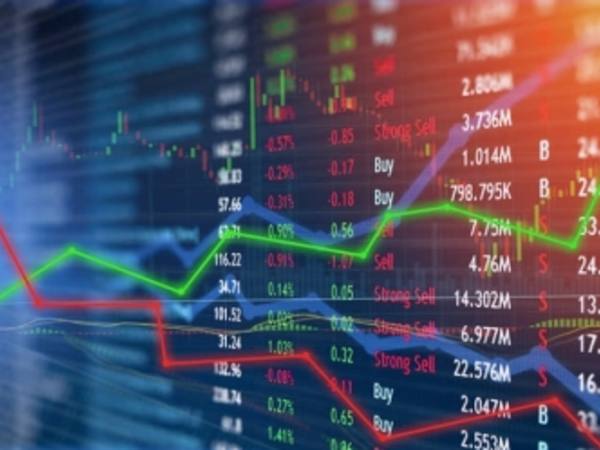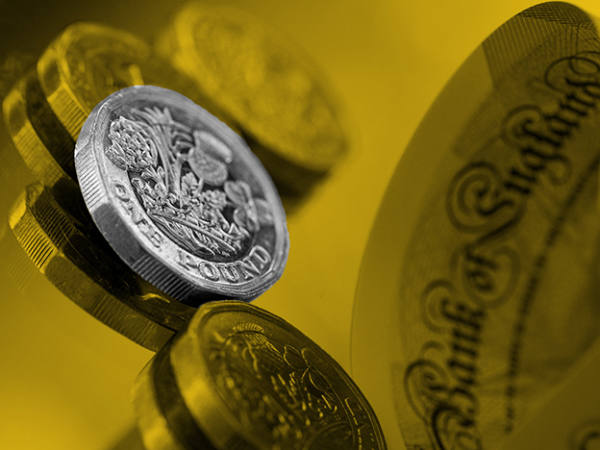Does reputational damage pose more of a threat to companies in an era of environmental, social and governance (ESG) mandates?
A growing number of investment initiatives – partly spurred by the Paris Climate Agreement – are diverting asset flows into ESG-focused strategies. It is open to debate whether these initiatives are proactive or reactive in nature, and it is also the case that many of them are designed to hasten the transition towards a carbon neutral economy. But it isn’t all about greenhouse gases.
Recent controversies linked to boohoo (BOO) and Rio Tinto (RIO) highlight why shareholders need to ensure that their companies also adhere to best practice under social and governance guidelines. The fast-fashion group faced widespread criticism last year, when evidence emerged of labour abuse among its UK suppliers, including illegally low pay rates and sub-standard working conditions. Rio’s transgression, the destruction of two ancient Aboriginal sacred sites in Juukan Gorge, Western Australia, was just as galling, especially as work in the Gorge was subject to state government approval – where does the buck stop?
There has been significant fallout for both groups. Boohoo appointed Sir Brian Leveson and KPMG to provide independent oversight of its Agenda for Change programme, which includes the establishment of a Supply Chain Compliance Committee. By midway through January, the group had removed 64 suppliers from its roster and it was in the process of mapping and auditing its tier one and tier two supply base.
Remedial measures cost money, but there could also be an opportunity cost for Rio Tinto, in that an inquiry into the destruction of Juukan Gorge has identified dozens of other Aboriginal heritage sites at risk from a new iron ore development located less than 100km away as part of Rio Tinto’s Western Range deposit. The incident was doubly perplexing in that the group had long been considered an industry leader in its treatment of the rights of indigenous peoples – a common consideration for miners.
You could argue that the controversy generated by the destruction of Juukan Gorge and boohoo’s supplier issues show that the interests of shareholders and other stakeholders are becoming more interwoven, a possible consequence of the focus on socially responsible investing. When you look back through the history of industrial mishaps and the litigation that followed in their wake, you get the impression that many large corporations placed the emphasis on minimising any resultant liabilities under the law.
One of the most egregious examples took place in the 1970s, when the Ford Motor Company (US:F) was lambasted by critics, most notably consumer rights pioneer Ralph Nader, after it was alleged that instead of recalling a subcompact model (the Ford Pinto) for safety retro-fits on a fuel-tank that was prone to rupture on impact, Ford ran a cost-benefit analysis and found it would be cheaper to pay off the lawsuits of crash victims in out-of-court settlements.
It is probable that someone has also been doing their sums at Bayer AG (ETR: BAYN). The German chemicals/pharma heavyweight has denied any wrongdoing in relation to the thousands of compensation claims made against the company over its Roundup weed-killer product (originally owned by Monsanto), yet has agreed to a multi-billion-dollar pay-out to end uncertainty. The group now has to find a way of dealing with potential exposure to litigation in the future.
Naturally, if a company has adequate cash resources, it can drag out legal proceedings over years, if not decades. Anyone familiar with the asbestos industry will be familiar with the lengths that mining companies were prepared to go to. The dangers of inhaling airborne fibres of blue asbestos by miners had been known since the late 1920s, but it took an age before many of the most high-profile cases came to court, by which time many of the plaintiffs had succumbed to related respiratory diseases.
Such wanton disregard for worker safety is not only immoral, but the knee-jerk response to minimise restitution and compensation costs is no longer quite such a viable corporate strategy. Therefore, investors will need to factor in the changes brought about by the swing towards stakeholder principles.
For companies, it is essentially a balancing act; they must fight their corner if they feel they’re being unfairly targeted by litigants, but they risk reputational damage in doing so. You get some idea of this through the recent travails of Kingspan (KGP), as it seeks to hit both a conciliatory tone while making its arguments at the Grenfell Tower Inquiry. Kingspan has written to the government to dispute a claim heard at the Inquiry that it tried to mislead MPs over safety tests. It also maintains that it would never have recommended that its products be used when the tower block was retro-fitted.
All that may be true. But the trouble is that even if Kingspan bears no liability under the law, the reputational damage suffered by the building materials supplier may have already undermined the investment case. Liontrust Asset Management (LIO), a long-time investor in the group, reduced its holding after it downgraded Kingspan’s sustainability rating from A1 to A4 in December 2020. The terrible irony is that Kingspan has been a favourite of fund managers looking to buy into stocks whose business activities help cut carbon emissions, but the move by Liontrust could certainly have negative implications for retail investors if other institutions follow suit.











